Meet Zitian Zhang | Filmmaker

We had the good fortune of connecting with Zitian Zhang and we’ve shared our conversation below.
Hi Zitian, what’s the most difficult decision you’ve ever had to make?
Choosing to pursue a career in filmmaking was probably the most difficult decision for me when I was 18. However, I’ve found that every choice I’ve made after that has presented its own challenges. Despite this, I would still choose to pursue filmmaking if given the chance to choose again. My passion for literature, art, and theater has been a part of my life since I was young. In middle school, I adapted “Turandot” in a theatre play competition, transforming its expression to a more modern and relatable version that resonated with my schoolmates, ultimately earning me the first-place position in the entire school. This experience marked the beginning of my creative journey. However, it was during my senior year of high school, when I participated in the art college entrance examination to accompany a friend, that I was led toward the world of film accidentally. With no idea of what to prepare, I did three rounds of interviews and a written examination, eventually achieving the second-highest score nationwide in directing major, which earned me a spot at the Communication University of China. However, because no one in my family works in the film industry, they advised me against pursuing a career in filmmaking but to opt for a field with a clearer and more promising future, or a profession deemed “more suitable for girls”, since my grades are great, too. But I felt that filmmaking was exactly what I wanted to do, and I couldn’t envision myself in any other occupation. It ended up with me just enrolling in directing no matter what.
However, the demands of coursework in college overwhelmed me. The intensive output left me lacking sufficient input support, leading to a long time of feeling lost. At one point, I even believed that apart from performing well on exams, I didn’t possess any real skills. Then, I began watching more movies, reading more books on screenwriting and filmmaking, and studying visual essays. I also engaged in extensive writing practice. But I still felt that it wasn’t enough to grow. I wanted to understand how a professional and efficient set can be operated in the Hollywood film industry, and I yearned to discover the essence of filmmaking. So I decided to apply to American Film Institute after graduation to pursue this knowledge. Though this decision was incredibly challenging and It meant that I have to give up my job in TV development in China and move to a country I had never been to before, I believe that the challenges I’ve got through and the two years of learning at AFI are worthwhile.
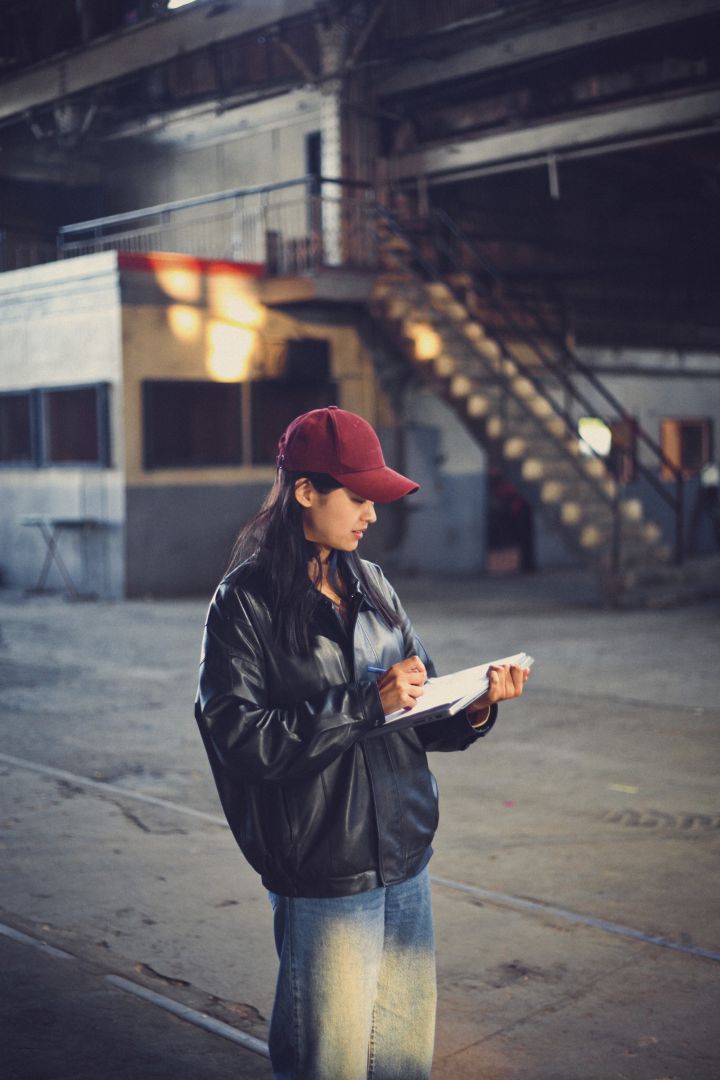
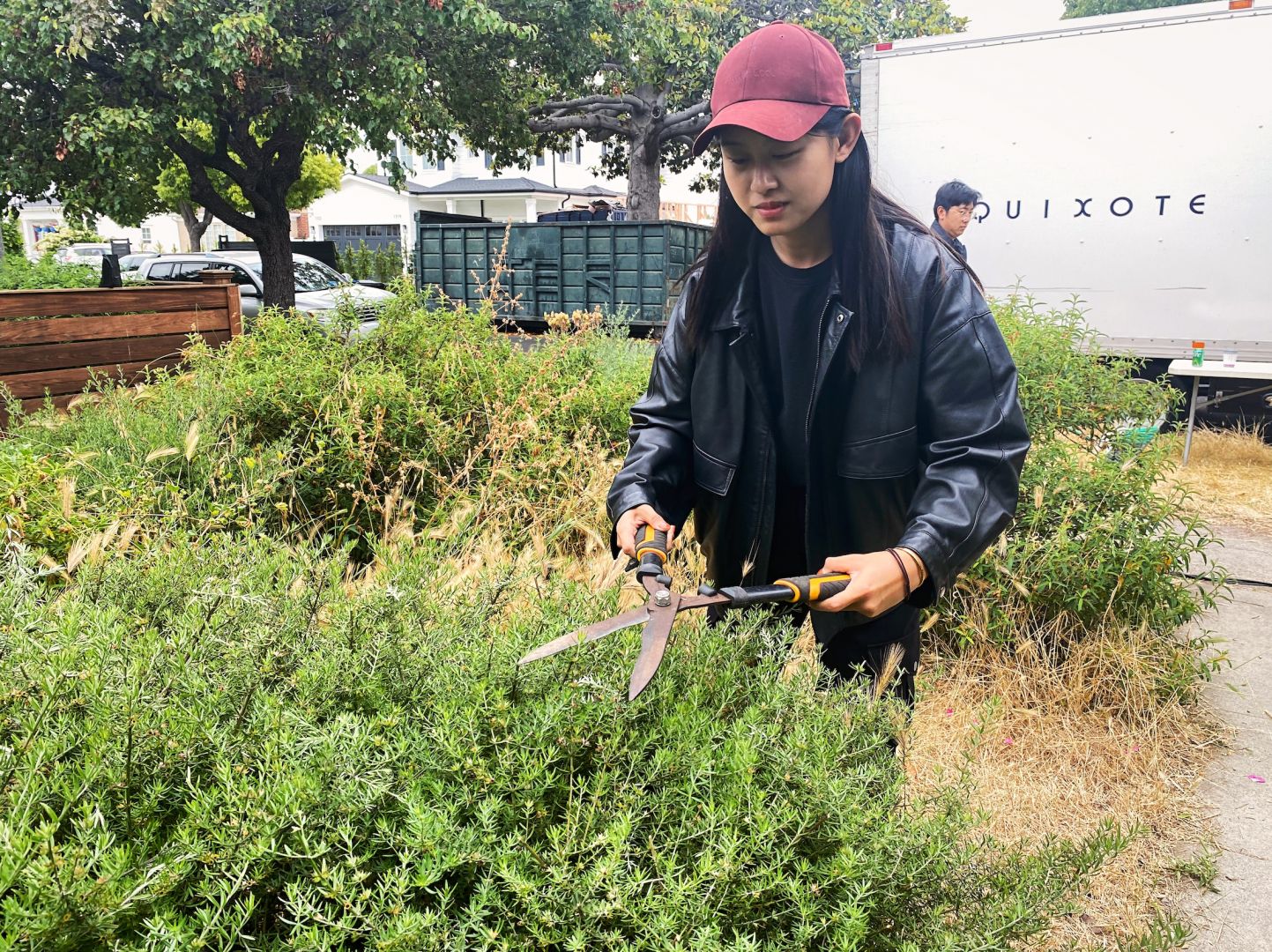
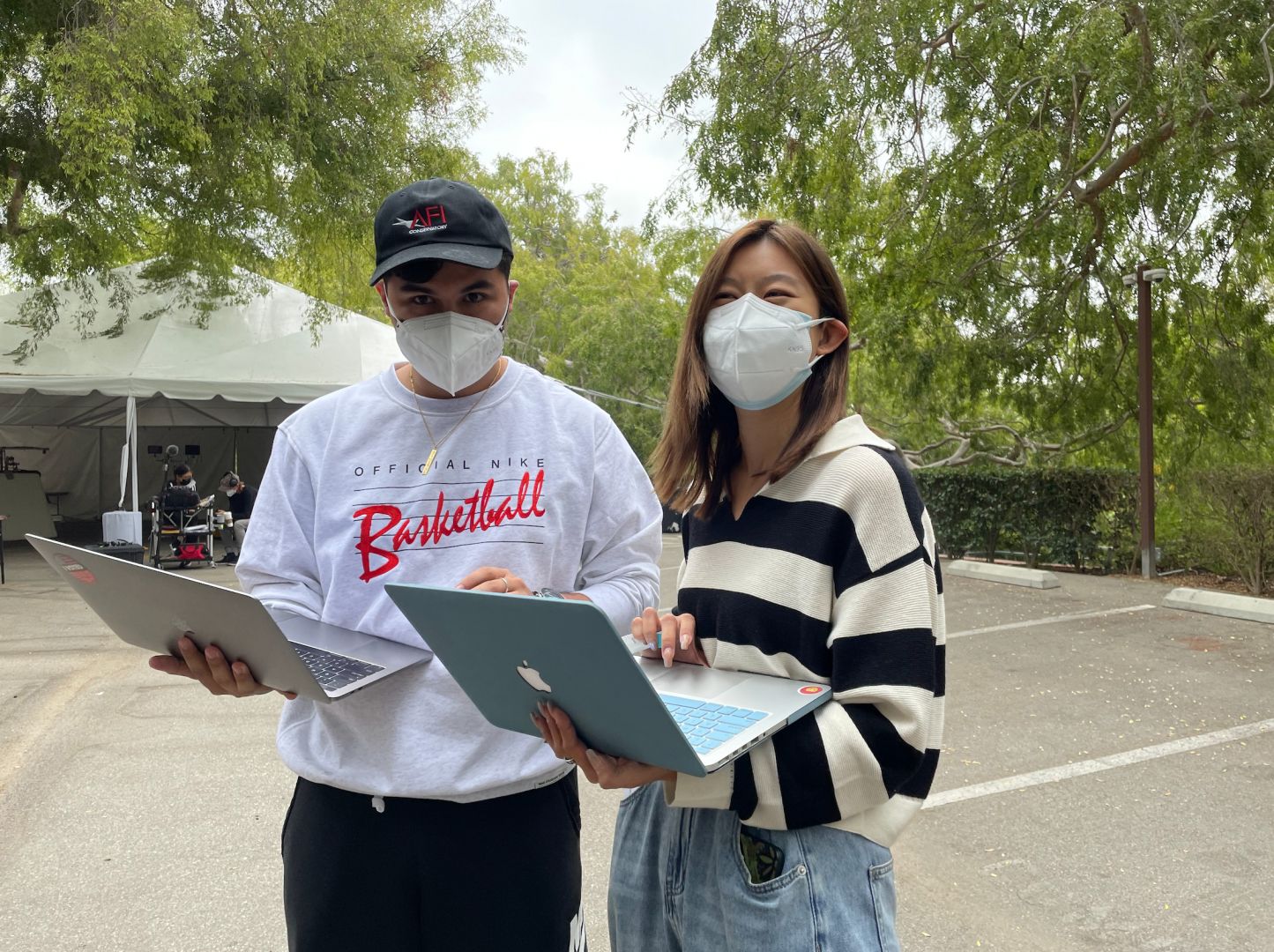
Can you open up a bit about your work and career? We’re big fans and we’d love for our community to learn more about your work.
It might be common sense that people, including my friends when they didn’t really know what I specifically work, may find filmmaking to be a fun and glamorous profession. However, as crew members on set, we can hardly be called decent haha. Looking back to a few years ago when I worked in development, it was busy. I had to speed-read and evaluate several long novels per week, constantly attend meetings with writers, directors, and other collaborators, search for new projects and oversee the ones that got greenlit. But compared to the physical production after coming to Los Angeles, it was a breeze. The most crucial skill I learned in these two years is how to juggle everything. Often, we deal with budgets, schedules, locations, vendors, and insurance in the pre-production phase, as well as trying to steer the creative direction of the script. And once on set, we always maintain the set running smoothly and deal with various emergency situations. In post-production, we need to supervise the quality of the film and tie up loose ends from the production period, such as payments and credits. At the same time, we also have to balance coursework, internships, and other projects in the pre-production or post-production stages. So, I remember during the busiest time, there wasn’t a single day of rest for me for consecutive months. As filmmakers, it can be challenging to balance work and life. However, in my opinion, one of the most exciting aspects of filmmaking is that you never know what opportunities will come your way at the next moment, and often multiple opportunities arise simultaneously. So, we are always ready for the next one.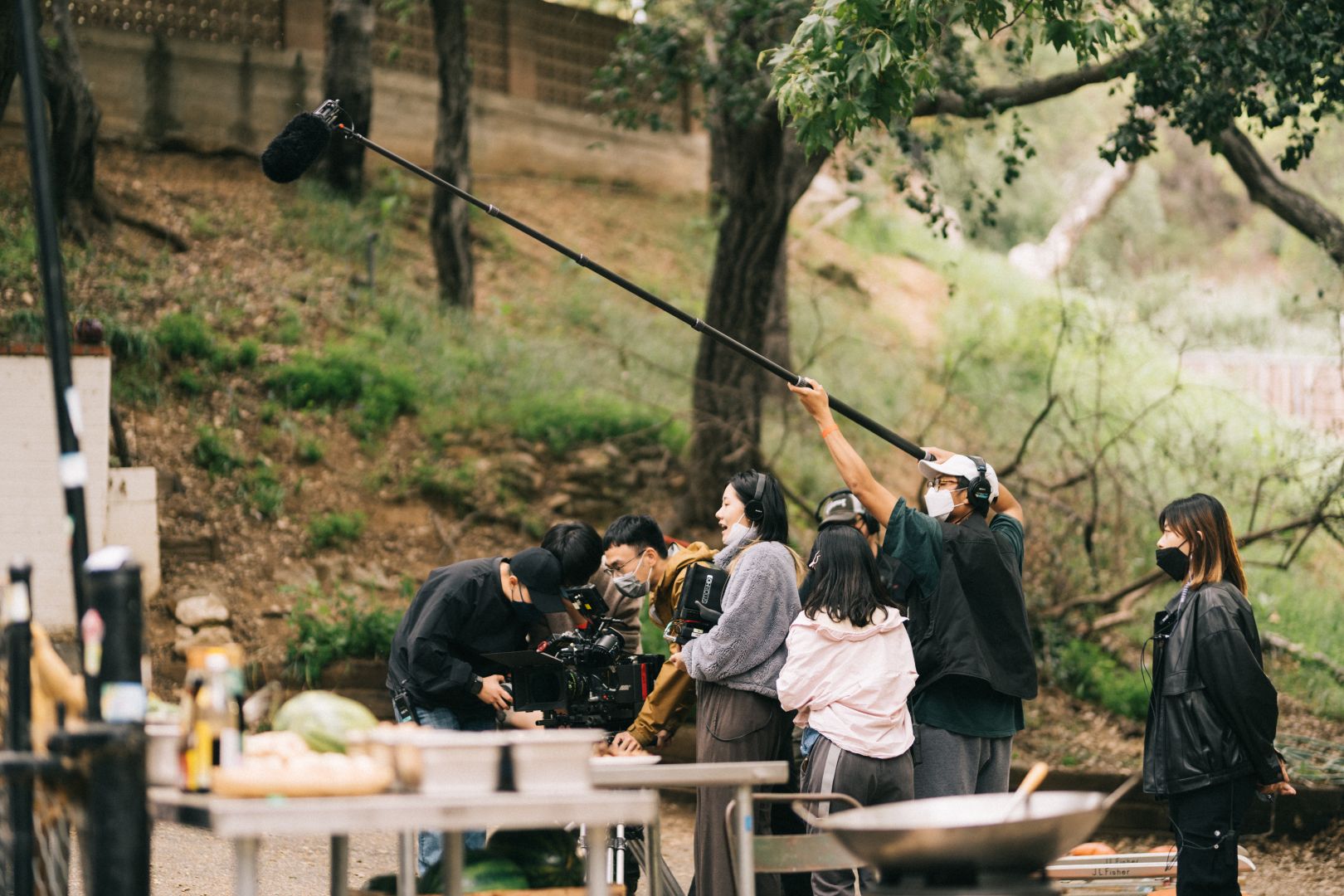
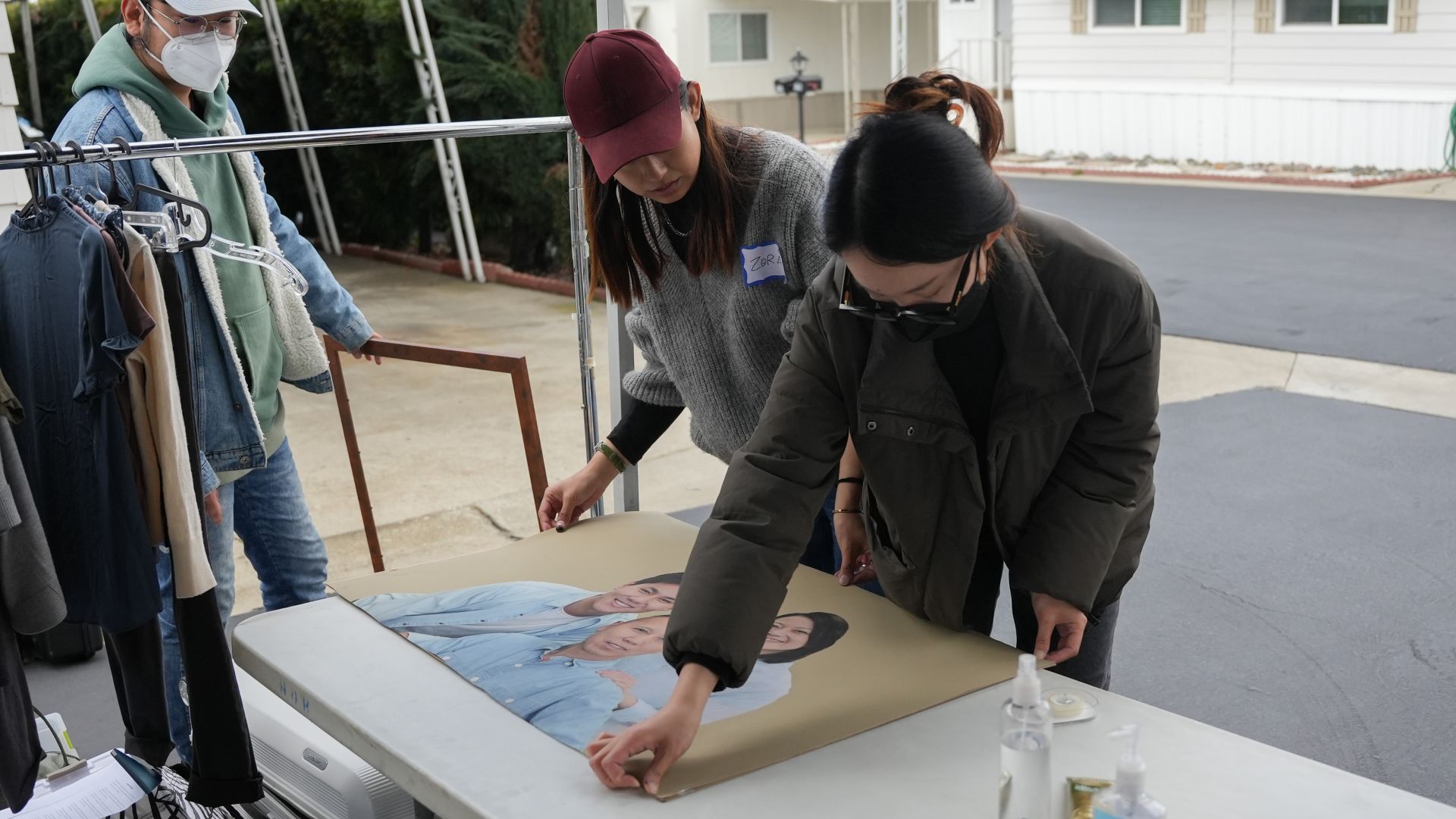
Any places to eat or things to do that you can share with our readers? If they have a friend visiting town, what are some spots they could take them to?
To be honest, I got acquainted with this city through filming in different locations scattered around this city. While searching for affordable and delicious catering for the crew, I unexpectedly discovered many amazing local eateries and food trucks. I am a foodie myself, so I am pretty confident that my recommendations can make the most picky eaters satisfied. If I were to take friends on a week-long trip, I would first bring them to Griffith Observatory to witness the sunset and night views. Then we would head down the hill to Thai Town for some delicious Thai food. There’s a highly recommended place called Ruen Pair where people often have to wait in long lines during weekends. The next day, we could enjoy the sunshine at Santa Monica Beach and share some fries with seagulls. It’s worth mentioning that Santa Monica Brew Works, a local small business, offers excellent beers with a refreshing fruity flavor. Afterward, we could go hiking in Santa Clarita, and once we descend the hill, there’s a local restaurant called Cajun Chicken & Wings that serves the juiciest fried chicken I’ve had in LA during these past two years. Another gem is Taco Azteca Original, a Mexican eatery known for its exceptional burrito recipes. They carefully select seasonal vegetables and proteins for their menu, and the owner puts a lot of heart into his work.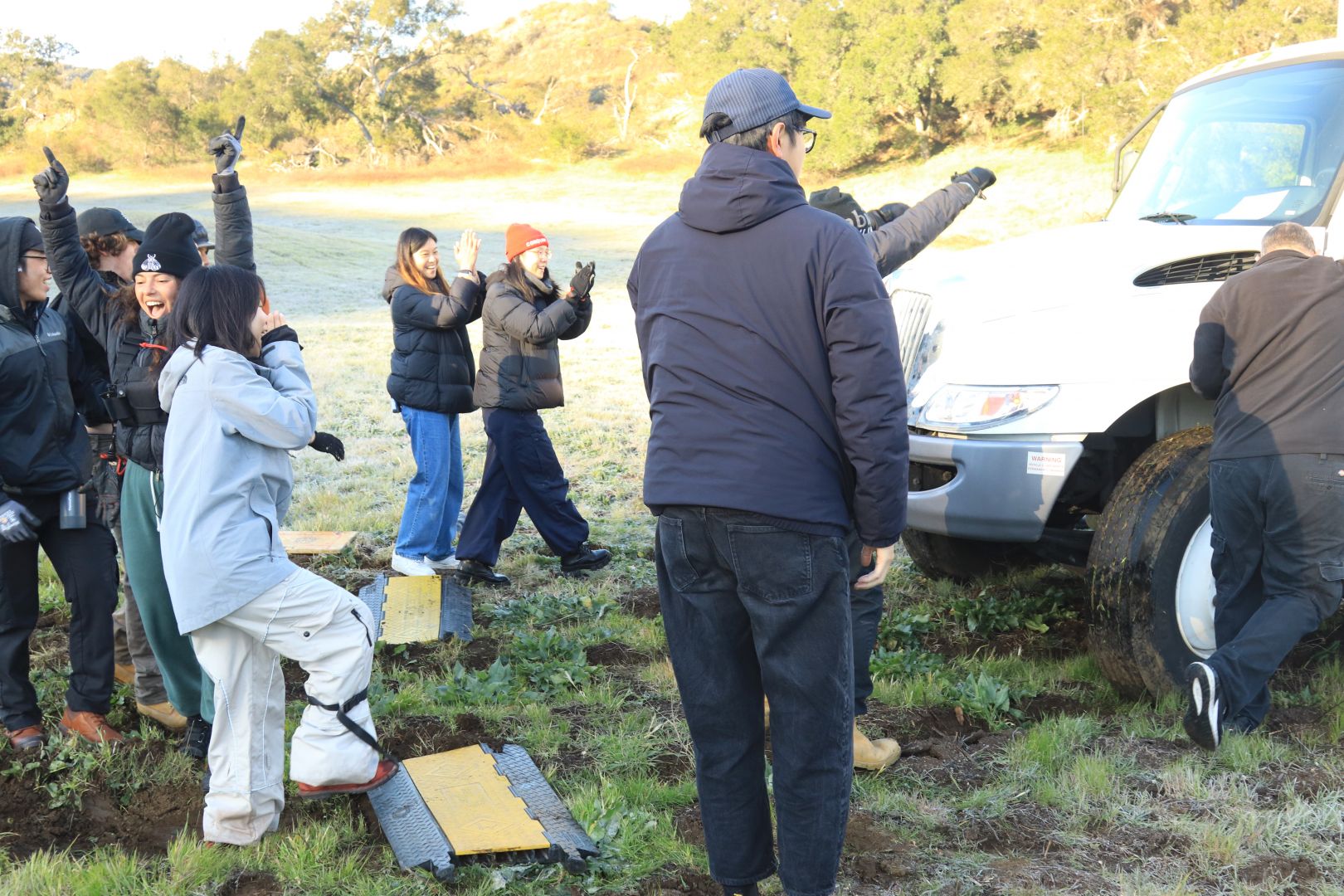
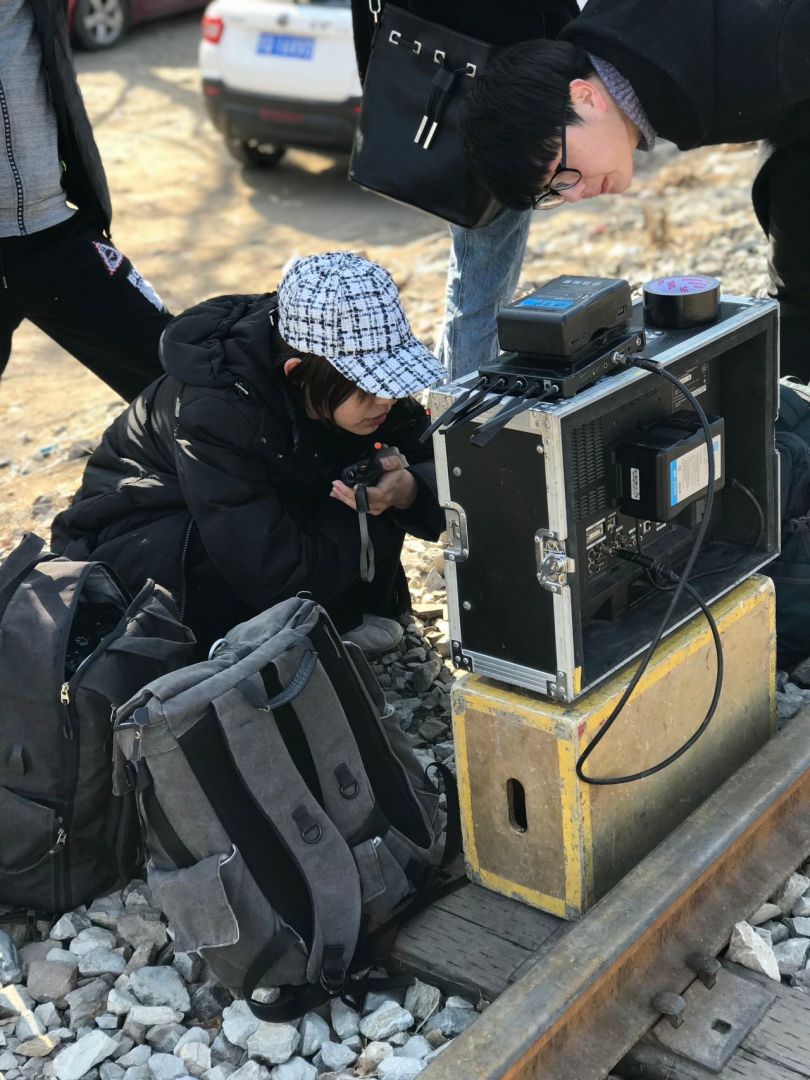
Who else deserves some credit and recognition?
There are so many people I want to express gratitude to along the journey. If I were to thank them all individually, this interview might never end. But first and foremost, I really appreciate my grandmother Xiuying. I was exposed to countless mythological and fable books during my childhood spent with her, which became my great resource when creating. Despite her junior high school education, she is a wise and dignified woman with profound insights. Many of the projects I’m currently developing have been inspired by her past experiences. For example, my original feature idea “We Are Comrades,” which focuses on the Cultural Revolution era, draws from her own experience working as an accountant in a mining field during the 1960s.
Additionally, I would like to express gratitude to every fellow I have collaborated with during my two years at AFI. The process of producing each short film not only allowed me to accumulate production experience but also taught me valuable lessons from collaborators in different disciplines. For instance, from director Pablo Riesgo in Cycle 1, I learned his tactics of how to direct non-professional actors. And structuring beat sheets with April Peng, the screenwriter I worked on Cycle 3 and the thesis, giving me a clearer insight into how to control the script flow and character arcs. These experiences have made me a more well-rounded filmmaker.
At the same time, I want to thank Lianne Halfon, the head of the Producing Department at AFI. I consider her an exemplary female filmmaker and a spiritual icon for all producing fellows. 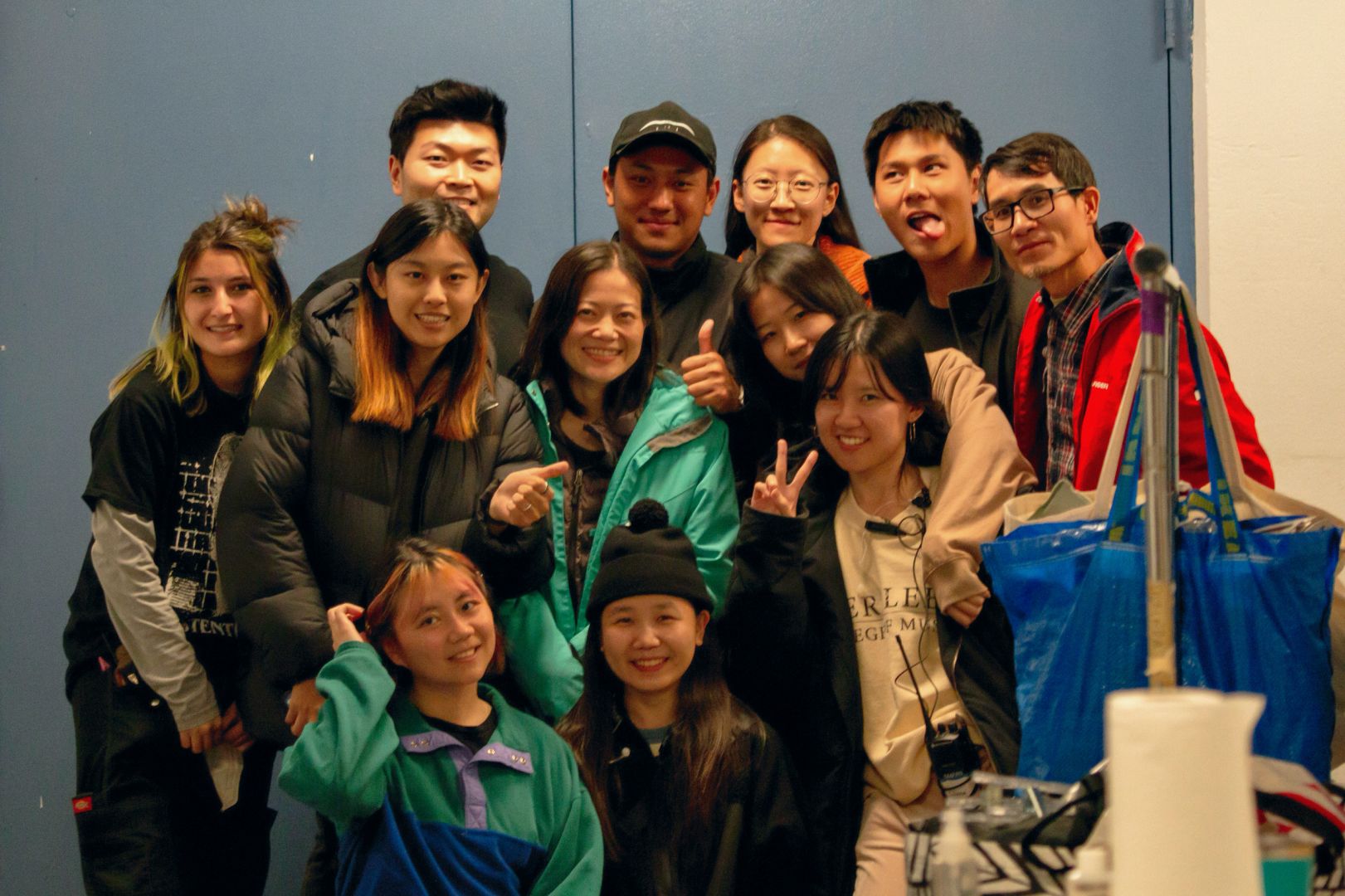
Instagram: zzt0122
Linkedin: https://www.linkedin.com/in/zitian-zhang-750b4925a/
Other: IMDB: https://www.imdb.com/name/nm13464774/
Image Credits
Qijun Liu, Alex Aljouni, Xiao Han, Yukun Chan, Steven Zhang, Young Li, and Presley Yang
